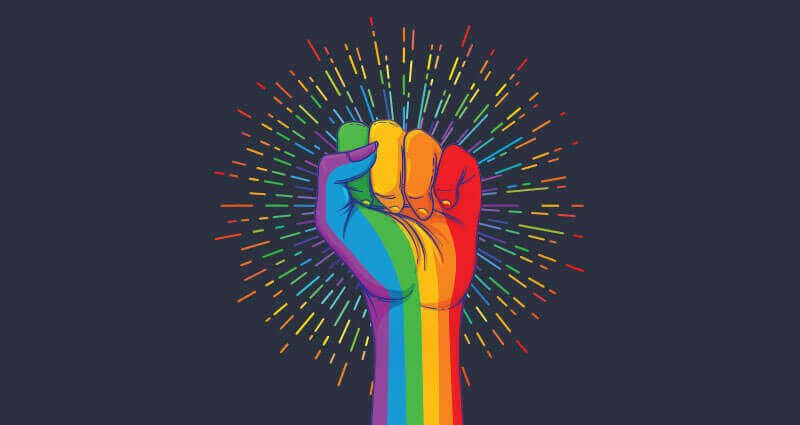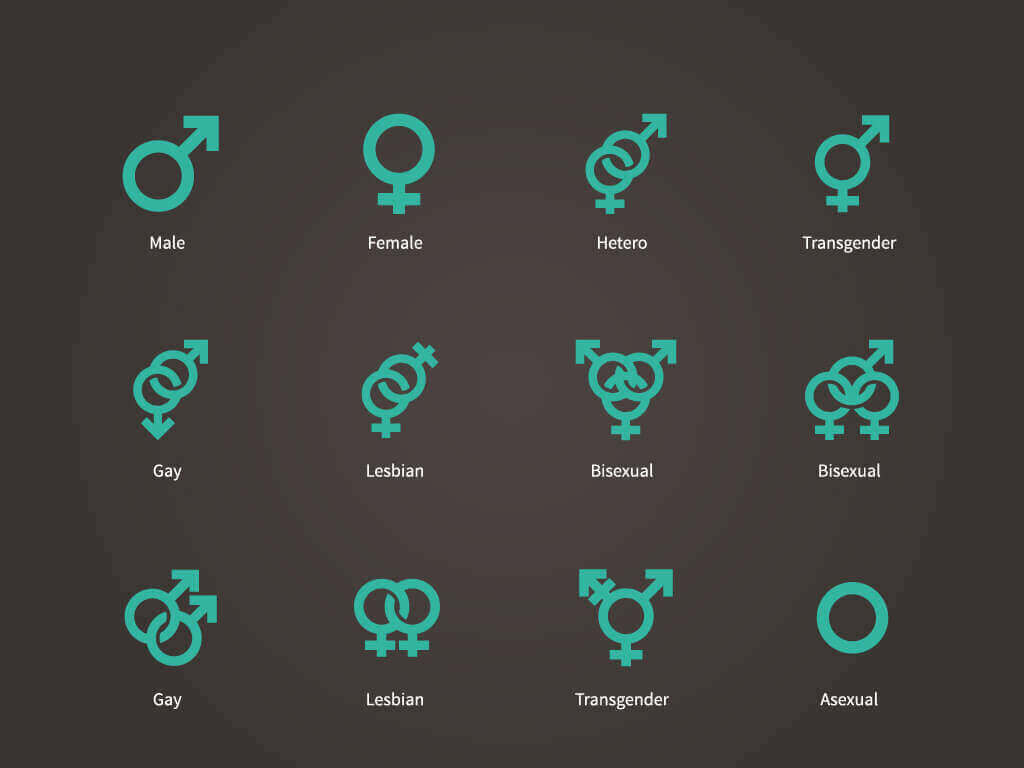Respecting the LGBT+ Community by Embracing Diversity and Creating Inclusive Spaces
In this post I want to talk about LGBT+ family and their difficulties in our society.

1. Introduction:
In this blog post, we delve into the significance of fostering respect and acceptance for the LGBT+ community. It's high time we leave behind discriminatory behavior and embrace empathy and understanding. Every individual has the right to choose their own path, whether shaped by nature or personal growth. As members of society, our responsibility lies in honoring differences, irrespective of personal preferences or beliefs. Let's reject the imposition of ideologies and instead cultivate a culture that values individual choices, as bad culture and religious extremism already pose significant challenges to living authentic lives. By exercising rationality and adopting more conscientious behaviors, we can positively impact the lives of others.
2. Understanding LGBT+ Terminology:
Let's begin by unraveling the meaning behind the term LGBT+. Technically, it stands for lesbian, gay, bisexual, and transgender, encompassing both sexual orientation (LGB) and gender identity (T). In the following discussion, we'll break down a few essential terms and concepts used to define sexual orientation, gender identity, and expression. It's important to exercise caution and avoid imposing these terms on others. Instead, we should allow individuals to identify themselves in ways that make them feel safe and authentic to their true selves.
3. LGBTQ+ Glossary

Let's start with the basics.
- Basics
- Sex : The genetic and physical characteristics assigned to individuals at birth, typically labeled as male or female.
- Gender : A social and cultural expression of identity, distinct from one's biological sex at birth.
- Intersex : Individuals born with reproductive or sexual anatomy that doesn't align with typical male or female definitions.
- Gender Identity : An internal sense of being male, female, or something else entirely.
- Gender Expression : How one presents their gender to others through mannerisms, clothing, and personal interests.
- Questioning : Individuals unsure about their sexual orientation and/or gender identity.
- Sexual orientation
- Lesbian | Gay : Individuals experiencing romantic, emotional, and/or sexual attraction to the same sex/gender.
- Bisexual : Individuals romantically, emotionally, and/or sexually attracted to multiple sexes/genders.
- Gender identity and expression
- Cisgender : Individuals whose gender identity/expression aligns with the sex assigned to them at birth.
- Transgender : Individuals whose gender identity/expression differs from the sex assigned to them at birth. Use correct pronouns for them (he/him or she/her).
- Bigender : Individuals who fluctuate between traditionally "male" and "female" gender-based behaviors and identities.
- Agender | Non-binary | Gender Neutral : Individuals without a gender or identifying outside the binary. Use they/them or ze/hir pronouns to refer to them.
- Gender Fluid : Individuals who embody a mix of masculine and feminine characteristics, experiencing shifts in gender identification.
- ...
4. The Importance of Respecting Pronouns:
Determining someone's pronouns solely by appearance isn't always possible. Asking and correctly using someone's preferred pronouns is a fundamental way to show respect for their gender identity. Misusing pronouns can deeply hurt individuals, leading to feelings of disrespect, invalidation, dismissal, alienation, and dysphoria. Respecting people's differences and seeing them as they wish to be seen, rather than through societal expectations, is crucial.
5. Becoming an Ally:
Irrespective of one's sexual orientation or gender identity, anyone can be an ally to the LGBT+ community. By deepening our understanding of LGBT+ issues, we can provide support and solidarity to those who identify as LGBT+. Let's strive for a more inclusive society that celebrates diversity and advocates for equality.
6. Conclusion:
In conclusion, it is crucial to foster a culture of respect and inclusivity towards the LGBT+ community. As we navigate the complexities of the 21st century, we must shed prejudice and embrace empathy. Understanding the terminology and concepts surrounding sexual orientation and gender identity is a crucial step towards building a more accepting society. By refraining from imposing labels on others and allowing individuals to define themselves, we create an environment where everyone feels safe and validated. Respecting people's pronouns and affirming their identities is a fundamental way to demonstrate support and acceptance. Together, we can be allies and advocates, striving for a world where everyone can live their truth without fear or discrimination. In memory of Aban and Khorshid and countless others, let us work towards a future of equality and dignity for all.